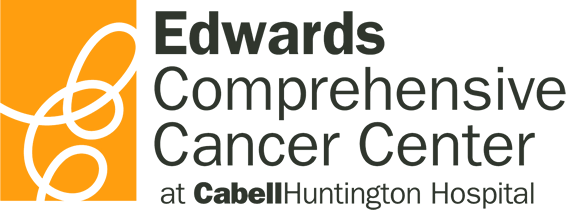Breast Cancer Risk Factors
Risk
 About 12 out of every 100 women born today will be diagnosed with breast cancer at some time in their lives. Certain risk factors increase a woman's chance of getting breast cancer, including:
About 12 out of every 100 women born today will be diagnosed with breast cancer at some time in their lives. Certain risk factors increase a woman's chance of getting breast cancer, including:
- Your age; your risk increases slightly each decade after age 30
- Having a personal history of breast cancer or certain benign breast diseases
- Breast cancer among one or more of your close relatives, such as a sister, mother or daughter
- Having no children or having your first child in your mid-thirties or later
- Having your first menstrual period before age 12
- Beginning menopause at a late age
- Gaining weight after menopause, especially after natural menopause and/or after age 60
- Being physically inactive
- Using hormone replacement therapy or oral contraceptives
- Having a genetic condition, such as certain mutations in your BRCA1 or BRCA2 genes
Prevention
Scientists are studying how best to prevent breast cancer. Ways to help lower your risk of getting breast cancer include:
- Stay physically active by getting regular exercise
- Maintain a healthy weight
- Avoid using hormone replacement therapy (HRT), or find out the risks and benefits of HRT and if it is right for you
- Limit the amount of alcohol that you drink
Symptoms
When breast cancer begins to form, it is too small to feel and does not cause signs and symptoms. As it grows, however, breast cancer can cause changes in how the breast looks or feels. Symptoms may include:
- A new lump in the breast
- A lump that has changed
- A change in the size or shape of the breast
- Pain in the breast or nipple that does not go away
- Flaky, red, or swollen skin anywhere on the breast
- A nipple that is very tender or that suddenly turns inward
- Blood or any other type of fluid coming from the nipple that is not milk when nursing a baby
If you have any of these symptoms, talk to your doctor. They may be caused by something other than cancer, but the only way to know is by being evaluated by a healthcare professional.
